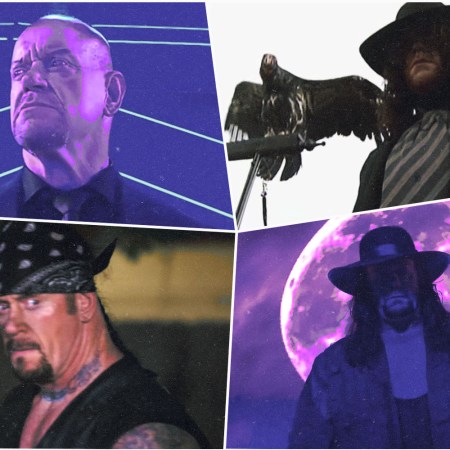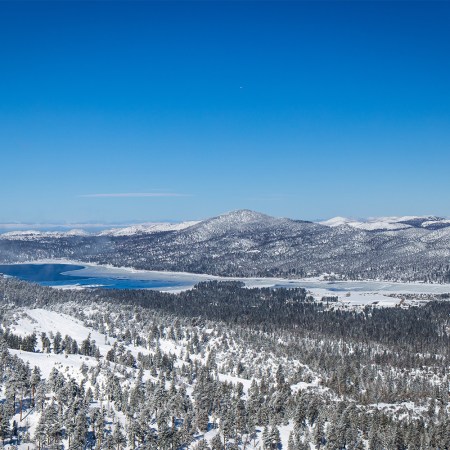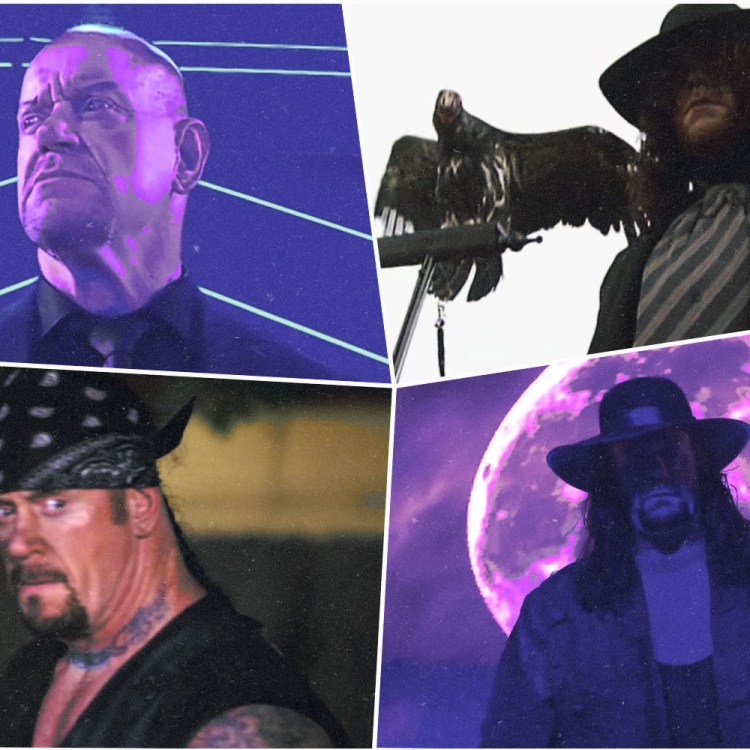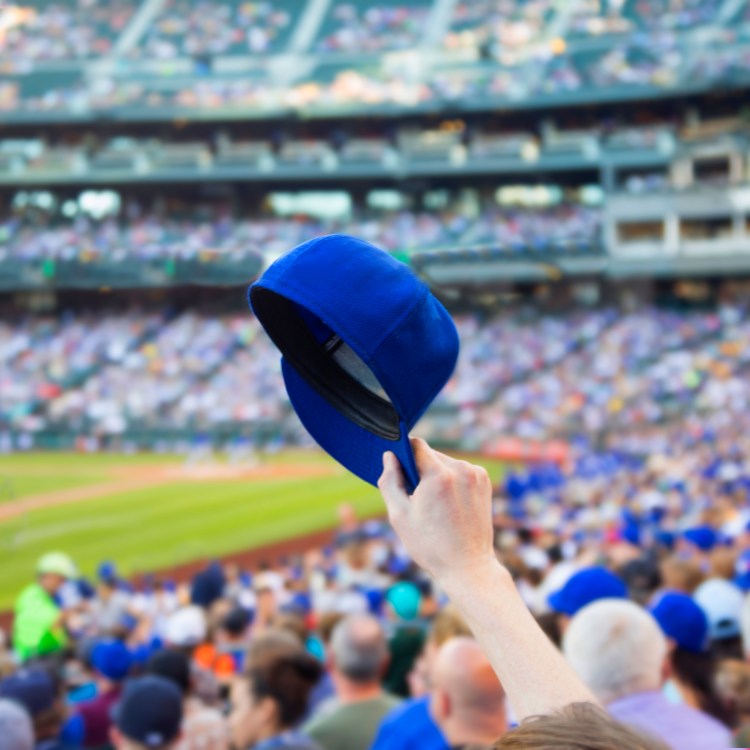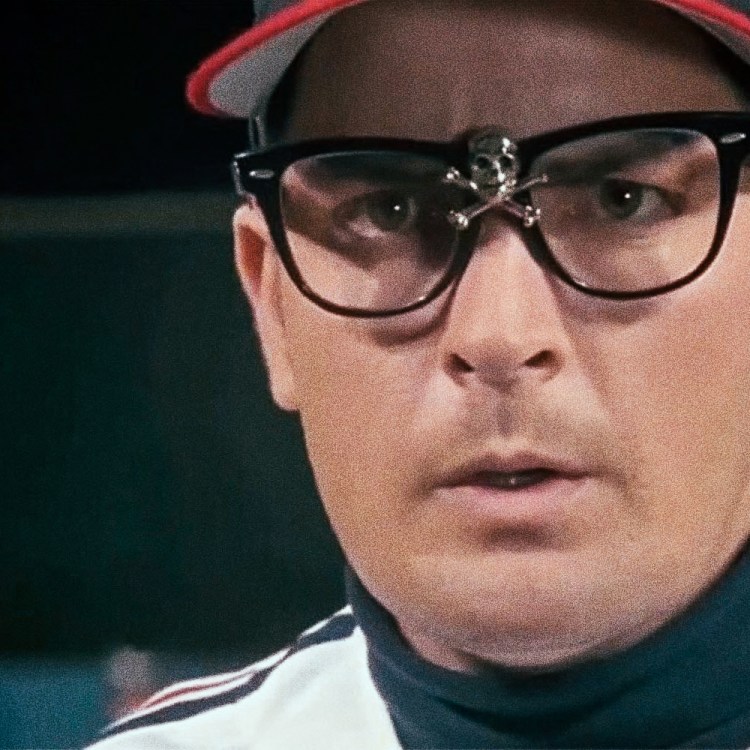Bryce Wettstein isn’t like most 17-year-olds. Growing up in Encinitas, California, Bryce began skateboarding at the impossibly young age of six, and describes her relationship with the sport as something that felt fated, inevitable even. Coached and mentored by her father, Bryce is currently the top-ranked women’s park skater in the world. This weekend, she’ll head to Tokyo, where she’ll compete in the Olympics as part of the inaugural US skateboarding team.
The multi-talented teen is also a surfer, varsity volleyball player, singer-songwriter, ukulele player, painter and avid student. On her journey to qualifying for the Olympics, Bryce has been featured in publications like The New York Times and Forbes, but when we spoke earlier this week, her mind was more focused on the future than her current accolades.
“I’m looking forward to the past tense a little bit,” she laughed. “Because I can say I’ve gotten to do something I’ve always dreamed of doing.”
In a wide-reaching conversation about the support of her dad, her love for Swedish skater Oskar “Oski” Rozenberg and her thoughts on gender in skateboarding, Bryce’s singular perspective is refreshingly candid — and wise beyond her years. Read a condensed, edited version of our conversation below.
InsideHook: How old were you when you first started skateboarding?
Bryce Wettstein: I was six or seven years old. Skateboarding has been within me from the moment I started life, even. I really fell into an infatuation; I was fanatically hooked on skateboarding. It took me by surprise all the time. I did my first competition when I was seven years old. I started life with that much more knowledge about the world — I had this innate knowledge from skateboarding about certain things that came up in the future.
Were you self-taught, or did you have mentors and teachers along the way?
My dad was my biggest mentor. He was like this safety net that was right there, this place I could fall into. Always. It was really beautiful because [taking] a risk is hard to do alone. But if you have one person there that you trust and can confide in, anything is possible. It gives you that extra legroom to relax. He was always spotting me when I needed help. We have an instant, inner connection because of skateboarding. It did something to bring us together.

How do you balance your training and your travel for competitions with high school?
Skateboarding has taught me that a lot of balance comes from the instant you feel something, you must do it! Because that instinct might not come again. Having that instinct where you know you need to go is the best feeling — all the other things that come after that come consecutively and inevitably. Just because you felt the one thing before. If I feel like I need to read a chapter for school, what I’ll do is maybe I’ll go skateboard first, then read the chapter after. I feel like I’ll enjoy it more if I read it when I feel it. That’s what life really calls for, the feeling before the “must.” Naturally, balance will come after that.
Who are some of your peers and fellow skaters that you most look up to or admire?
I look at a skateboarder I’ve never met before, and after watching them skateboard, I feel like I can tell more about their personality than I would probing with questions. Skateboarding brings out the best version of people. Some of the core people I’ve loved forever though are Matt Rodriguez and Oskar Rozenberg. Oskar is a really big person for me, he’s probably the main person. Oski is one of these people everyone looks at and feels like they’re watching a magician pull a rabbit out of a hat. He makes it seem like you’re watching an eagle fly through the sky instead of thinking “Oh, this guy’s on a skateboard.” He makes you forget he’s on a skateboard because of what he can do.
There’s some stigma about skateboarding as a man’s activity. What has your experience been with gender in the sport?
My experience with stereotyping is that it’s a man-made thing. People think that if you’re a girl there’s always been a gender barricade, or gender is very aggravating because it should be this way. The biggest plotline in the end is that gender is just a way to differentiate two types of people, but we’re all still people. Skateboarding unites us in that. As soon as you stand on a board, you’re united in what a girl or a boy could be — or even if you’re non-binary, or afraid of becoming yourself. If you don’t know who you are yet, skateboarding can help uncover that. It’s a sport that really comes from the heart.
Did you ever think skateboarding would lead you to the Olympics one day?
I never really imagined it could be part of the highest level of competition in the whole world. I never really imagined that skateboarding would be in the Olympics, or that I would be there. It’s hard to imagine what could be when you’re so transfixed in the moment on what is happening. A lot of times, skateboarding puts you in a space you’ve never been in before, where you’re floating and solitary. You never really know what you’re going to run into. It’s hard to imagine something that feels so interconnected to me as something that happens in front of a whole audience! But even stumbling, if it happens, is sometimes the best part of the journey.
What are you most excited about when it comes to competing in the upcoming Olympic games?
I haven’t even taken in the fact that I’m going yet! I’m most excited to set my feet on the ground in Tokyo, look around, and actually take in what I’ve always wanted to see. I’ve been looking forward to it for so long that I’m also really looking forward to the day when we fly back and I can realize it’s actually happened. Suddenly I don’t really want to worry anymore. Worrying almost takes away the way you’re supposed to live, day to day. There’s something about being on my board, I’m fully devoted to that moment. Being completely swept up and bombarded by a moment. Momentary things are the most beautiful. That’s the truest artform.
This article was featured in the InsideHook LA newsletter. Sign up now for more from the Southland.


